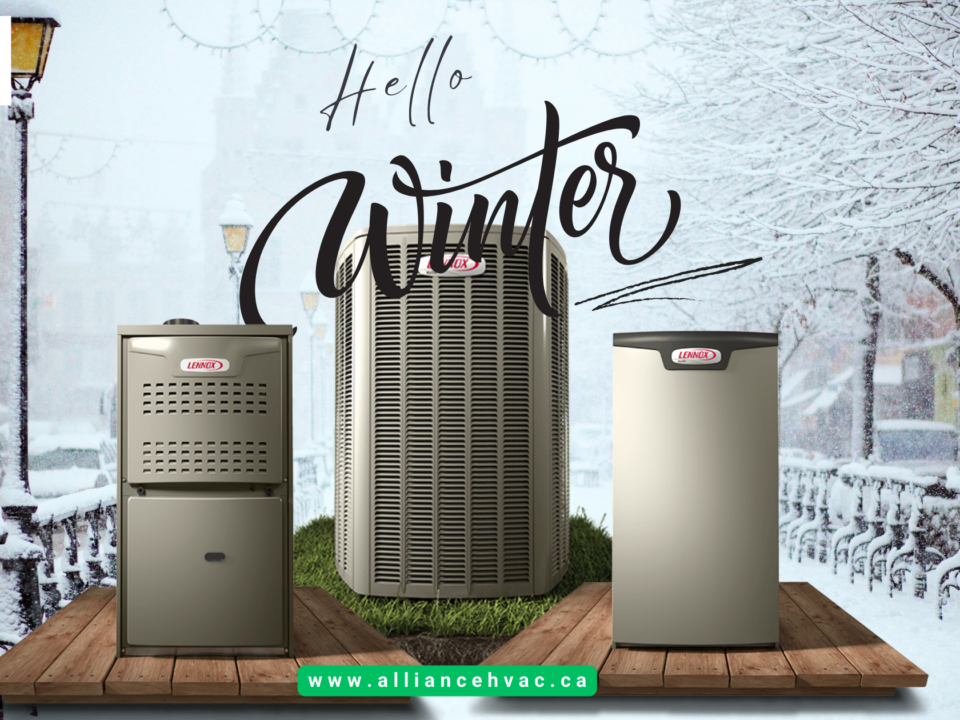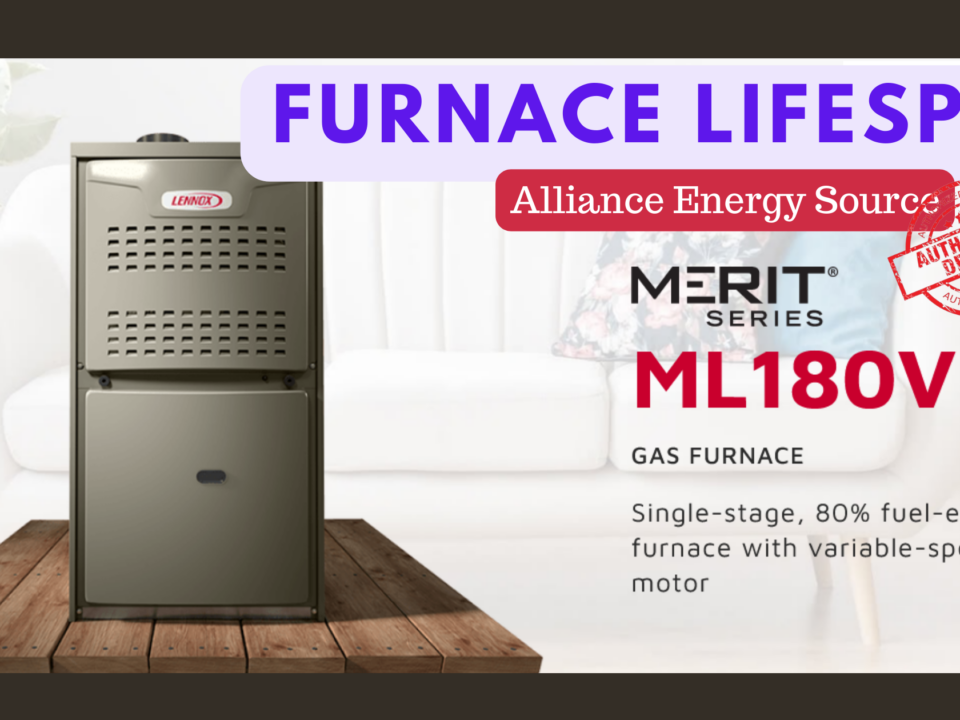Make Home Cosy in Winter With Boiler Heating System

Making your HVAC system more efficient
February 8, 2021
How to Choose the Perfect Air Conditioner For my Home
February 12, 2021Make Home Cosy in Winter With Boiler Heating System
There are homes in the world where temperatures decrease when the season changes, the people of those land warm their homes with either furnaces or boilers. When the temperature starts to drop, everyone wants to have a warm and cozy climate inside the home.
Here is the guide specifically geared toward the people who have a residential boiler as their primary heat source or is considering an upgrade to an existing boiler. Here some points on boiler recommendations, advantages, boiler service, maintenance, and much more.
It is most often used in the cold season to heat a building or group of buildings, although most modern buildings including commercial office sites, residential, hotels, and shopping malls are today provided with some form of central heating system. There are different types of central heating systems in the market, most of which comprise a central boiler.
In large systems, hot water or steam is usually employed to distribute the heat and transport through pipes. There is no such standard or rigid system, it can be tailored to meet its own requirements, and with advanced controls, a correctly programmed central heating system will be able to constantly monitor and automatically adjust.
Water is a much better medium for transporting thermal energy than air; it gets heat fast and stays warm for longer. In addition, there is the fact that boilers do not have to worry about duct leaks, and it is easy to see that boilers are far more energy-efficient than forced air systems are. Boilers also tend to heat homes much more comfortably than forced air systems. The warm air that enters a room will rise to the ceiling, boiler systems transfer heat from the object to object, keeping it near the floor of the room where it can be better felt.
Boilers are special-purpose water heaters. These systems distribute the heat in hot water, which gives up heat as it passes through radiators or other devices in rooms throughout the house and the cooler water then returns to the boiler to be reheated to continue the same process again. Hot water systems are often called hydronic systems. Residential boilers generally use natural gas, oil, and even electricity for fuel. People can operate and control easily.
Since most of the energy we use in our home goes for heating and cooling purposes, it can be powered by electricity, natural gas, or fuel oil. Making smart and right decisions about our home's heating and cooling system can affect our utility bills. There are the most reliable and energy-efficient products in the market so that you can live comfortably.




